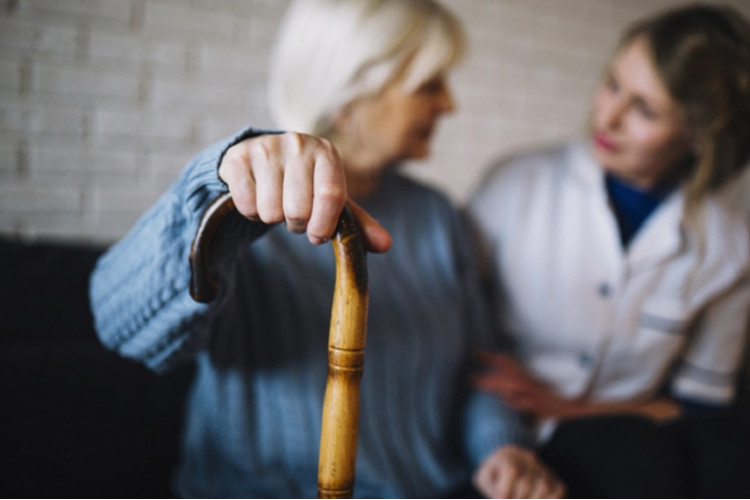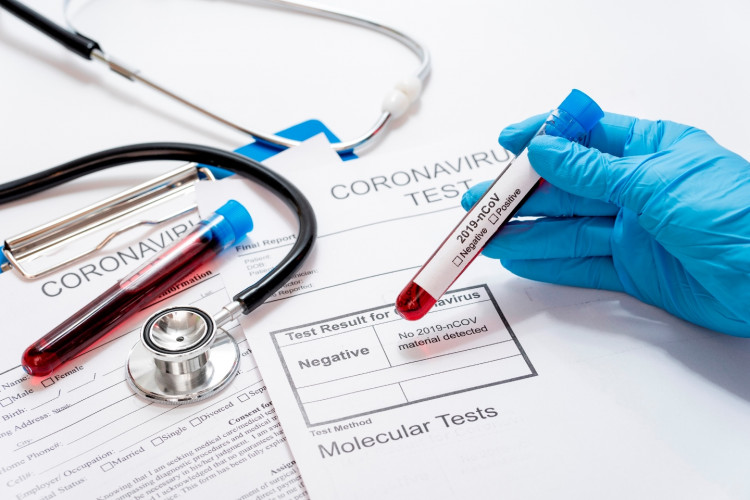Local budgets will take twice as long to recover as businesses
Businesses in Serbia expect a full recovery within six months to a year. At the same time, as many as 70% of local governments surveyed believe the effects of the COVID-19 pandemic crisis will be felt for twice as long, from one year to two years, according to a NALED survey in late March that covered the views of both sectors.
Due to lower collection primarily of payroll taxes, other taxes, fees and charges, local revenues will be reduced by a third in the best of circumstances, and two out of five local governments estimate that current revenues will be reduced by 40% to 70%. Unlike the state, which will offset lower revenues through increased debts, local governments will have to opt for some form of spending reduction.
A survey conducted by NALED shows that every other local government has a problem with maintaining solvency, which will lead to an inability to meet obligations and a compromised investment cycle at the local level. In order to ensure continuity in the coming period, 30% of local governments will also defer payments to suppliers, and for some, the use of funds based on the previous year's surplus (27%) is an option.
- 70% of local governments surveyed estimated that a pandemic would have a moderately negative impact on their work, and one in five that it would be very negative. In addition to the support raised by NALED through the procurement of food and hygiene packages and medical equipment in cooperation with donors, state support is needed in the short term through the establishment of a Fund for supporting vulnerable municipalities and cities so that local governments can continue investing in local activities and projects to overcome the negative effects of the virus. This is a measure that NALED has been advocating since the start of the state of emergency, when it first came out with a set of 10 measures to help the economy - says Vladan Vasić, Mayor of Pirot and Vice President of NALED Managing Board.
When it comes to eliminating the long-term effects of the pandemic on local businesses, it is necessary to stimulate entrepreneurship development. Bearing in mind that self-employment income tax, in addition to payroll tax, is key revenue for local governments, NALED proposes to create a self-employment incentive plan by extending the “Start Legally” measure to flat-rate entrepreneurs who would be exempt from income tax and contributions in the first year. Setting up healthy new businesses on would be felt in local budgets as early as the first year after the measure came into effect and would have significant positive effects on local revenues thanks to the long-term decline in shadow economy.
The third proposal includes interest-free loans for completing infrastructure works locally, which were stopped due to the pandemic.
At the time of the survey, 58% of respondents, in addition to maintaining solvency, were faced with the problem of organizing work, due to the inability of many processes that take place in local governments to be switched to employees working from home, but also because of the additional burden in underdeveloped municipalities caused by the procurement of computers and other equipment that is a prerequisite for normal functioning outside the offices.



